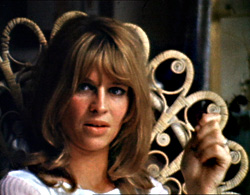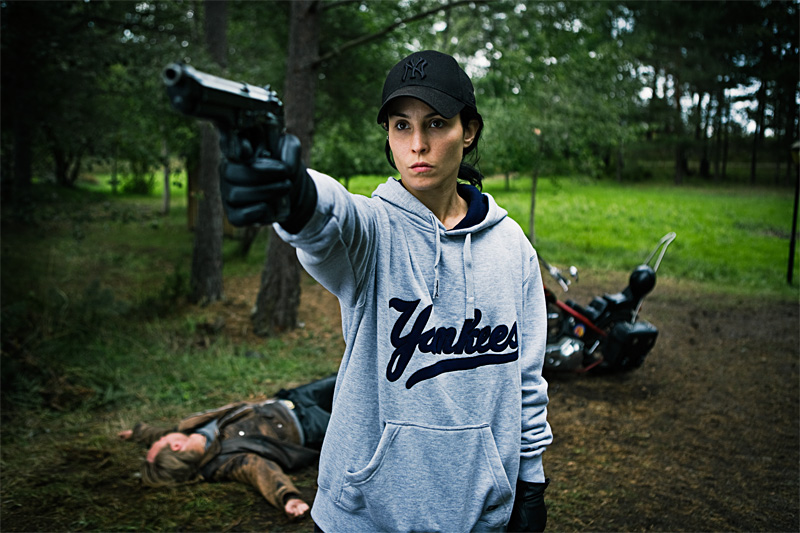Novelist, filmmaker, falconer, self- professed shaman, and grizzled survivor of that parallel universe called Swinging London, Peter Whitehead is one of those pop-culture bit players whose ubiquitousness makes Zelig look like a camera-shy shut-in. Whitehead appeared every inch the British aristocrat–cum–matinee idol, despite being a working-class Cambridge grad. His career as a filmmaker cast him into every burgeoning scene and happening in ’60s London. In Wholly Communion! (Monday, Nov. 6) he filmed the Albert Hall Beat poetry summit of 1965, with Ginsberg and Ferlinghetti onstage. In 1967, he shot influential promos for the Rolling Stones in their hour of drug-related persecution. In the ’70s, he quit filmmaking to become an expert on falconry.
Whitehead’s most famous documentary, 1967’s Tonite Let’s All Make Love in London (Friday, Nov. 3–Sunday, Nov. 5), is packed with toothsome footage of scene makers like the Stones, London Playboy Club–owner Victor Lowndes, Roman Polanski, and Michael Caine, plus Julie Christie and Terence Stamp in the bright noontime of their beauty. It’s simultaneously a motion-picture illustration of Time magazine’s famous Yankee-come-lately “Swinging London” issue of 1967, and a gruff refutation of Time‘s simplistic assumptions about a city even then on the verge of surrendering its status as freak-out capital of the 1960s to lysergic San Francisco. Whitehead was his own one-man film unit and was fond of asynchronous images and sound, allowing new meanings and feelings to arise from the creative use of incongruity.
The exemplar of his approach, the dizzyingly impressionistic 1969 essay-movie The Fall (Saturday, Nov. 11–Sunday, Nov. 12), was filmed on the streets of New York between October 1967 and the merry month of May 1968. Like many a ’60s Englishman in America, Whitehead came to the U.S. equipped with freshly peeled eyeballs and saw a turbulent, vibrant, violent nation in ways Americans often did not. The Fall is unlike any other record of the period— a time a lot like now, full of antiwar and civil rights demos and profound national self-examination—perhaps because its very obscurity has kept it fresh. Marred only by a quaintly dated sexism, the film has somehow come full circle to contemporary relevance and is the nearest Whitehead came to making a masterpiece.





